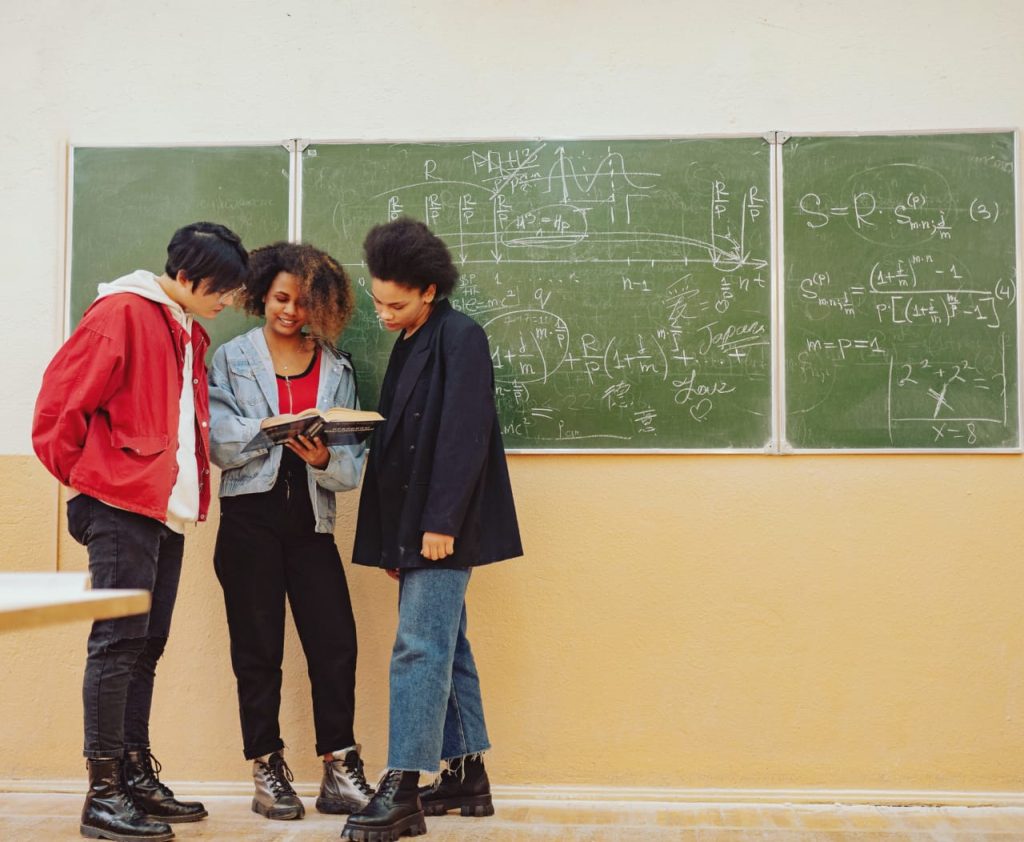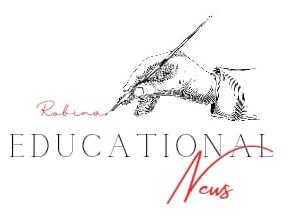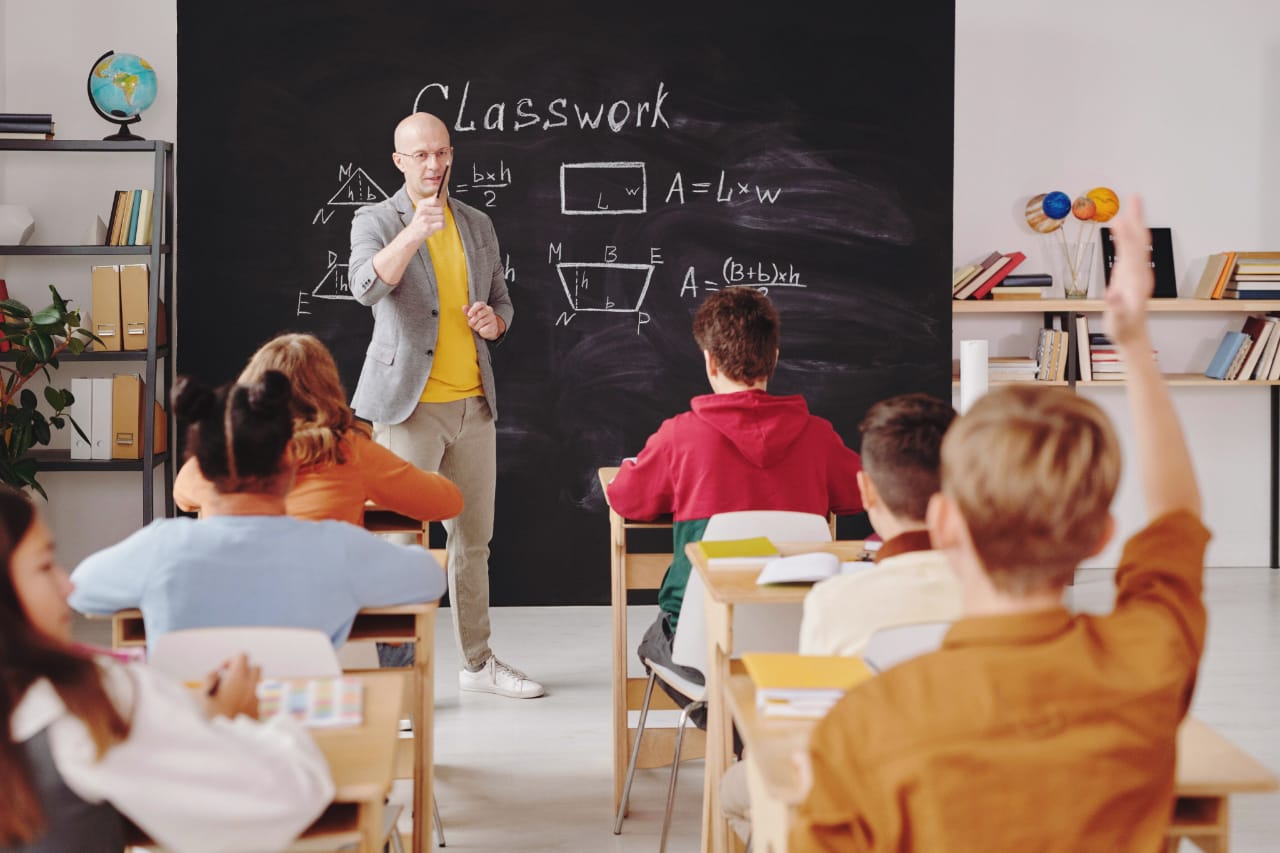
Introduction
Setbacks are not deviations on the teaching journey. They are crucial junctures that clear the path to achievement. Every teacher has difficulties from time to time. It’s a poor lesson, a student who is having difficulty understanding a concept. disturbances in the classroom. We will examine how teachers can use losses as beneficial chances to reflect. They can adjust, and eventually succeed in their line of work. Setbacks are essential for defining teaching practices. They need continuous improvement because they can lead to resilience.
Setbacks Can Also Be A Great Opportunity For Educators To Learn And Grow
Reflecting and Learning
Setbacks are a great opportunity for teachers. To reflect and learn from what went wrong. It’s a lesson that left students unsatisfied or an issue with classroom management. Teachers can use setbacks as an opportunity to refine their practices. They can learn from them.
Adaptability
Teachers face a wide variety of students with different learning styles and needs. Setbacks happen when teachers’ strategies don’t adequately address these unique needs. When teachers embrace setbacks, they can adjust their teaching strategies. To better meet their students’ needs. They can try new instructional methods. They add more interactive activities or provide extra support to struggling students.
Resiliency
Learning to overcome setbacks is one of the most important skills. An educator can develop. Facing setbacks head on and persevering through difficult times builds resilience. Not only does this build resilience, but it also sets a good example for students.
Build Relationship

Setbacks are a great opportunity for teachers to build relationships with their students. When teachers admit when they made a mistake. They are willing to learn and grow, it builds trust and respect within the classroom. Students value teachers who are open and honest about their own learning journey. This can help build a stronger teacher-student relationship.
Professional Development
Setbacks can be a great motivator for professional growth. Teachers face obstacles. They may look for additional training, seminars, or mentorship to improve their skills. Seeing setbacks as opportunities to grow. Rather than failures can motivate teachers. They continue to develop their professional skills continuously. They lead to greater classroom success.
Modelling Growth Mindset
Teachers embrace setbacks as part of their students’ learning journey. They foster a growth mindset. Students see resilience, adaptability and a desire to learn from their mistakes. They are more likely to adopt similar attitudes to their own learning. Teachers re frame setbacks as opportunities to growth. They empower students to face challenges with confidence and resilience.
Enhanced Problem-Solving Skills

When faced with a setback often turn to their critical thinking skills to solve the problem. Whether it’s solving a classroom management problem. Responding to an unexpected change or overcoming student learning obstacles. Facing a setback honours teachers’ problem-solving abilities. This quick thinking and problem-solving skill sets are invaluable in a classroom setting. That is constantly changing.
Increased Empathy and Understanding
Experiencing failure first-hand can make a teacher more empathetic and compassionate toward students. Teachers face obstacles in their classroom. They learn more about what students are going through in their learning. This increased empathy allows them to better relate to their students. Customise their instruction to each student’s unique needs. They foster a more nurturing learning environment.
Cultivation of Growth Mindset in Students
Teachers can instil a growth mindset in students. They do it by talking about setbacks and showing a growth mindset. Students see their teachers embrace challenges. They learn from their mistakes, and endure setbacks. They’re more likely to do the same for their students. This creates a classroom culture in which mistakes are seen as opportunities to grow. rather than a source of shame or frustration.
Innovation and Experimentation
Setbacks are a great opportunity for teachers to experiment with new ways to teach and learn. If traditional methods don’t work, teachers may try new technologies. They can use new teaching methods, or new instructional materials. to engage students and help them learn better. Seeing setbacks as opportunities to innovate inspires teachers . They can think differently and continually look for ways to improve practice.
Professional collaboration

Setbacks provide an opportunity for teachers to work together . They can solve problems and share best practices for success. Working together to solve problems allows educators to learn from one another’s. They can share ideas, and support one another. Professional collaboration allows teachers to learn from each other’s experiences. Share resources to improve teaching effectiveness in the school community as a whole
Always Trying to Do Better
Teachers can use setbacks to make schools and teaching better. They can keep trying new things, sharing what works, and learning from mistakes. This helps everyone get better at teaching and learning.
Being Proud of Trying New Things
Even if things don’t work out, it’s good to try new ideas in teaching. Teachers who encourage this help students and themselves learn in exciting ways. They show that it’s okay to make mistakes as long as you learn from them.
Encouraging self-reflection
Setbacks are a time for teachers observe themselves. Ask yourself important questions What reasons of the setback? What actions did I take and how well did they work? What lessons can I take from this? Through this, teachers gain a deeper understanding of their teaching skills. They can improve their teachings.
Support and Advice
Teacher can reach out to a mentor, colleague, or professional network. Educators who have gone through similar challenges can provide support and advice. It may based on their personal experiences. They offer personalised support, ongoing support, and professional development.
Promote a Culture of Continuous Improvement
Setbacks can be used to promote a culture of continual improvement. It can be within schools and education organisations. It can be from educators to administrators to policy makers. Institutions can promote innovation and collaboration. Feedback, sharing best practices and professional growth.
Risk-Taking and Innovation
Setbacks are often part of the process of learning and innovating. Teachers who take risk and innovation in their teaching practice. They can create opportunities for innovation they can get learning and experience. It can creates a culture of innovation. It happens in the classroom and beyond.
Examining What Went Wrong
Upon encountering an issue, educators consider the reasons behind it. They enquire, “What didn’t work?” for example. What tried, and was it beneficial? How can I use what I’ve learned to improve for the future? This kind of thinking aids in teachers’ professional development.
Getting Assistance from Others

Teachers who are having difficulties. They may often turn to more experienced educators or other teachers . These knowledgeable educators can offer guidance and anecdotes. This is about how they resolved comparable issues. Teachers can learn and develop more easily with this support.
Conclusion
In teaching, failures present chances for development and education. Teachers faced with difficulties. They can reflect on what went wrong. They can seek assistance from others. They can concentrate on assisting kids in becoming better. Teachers can convert failures into success. They can do it by being aware of their feelings. Constantly striving for improvement, and taking pride in their attempts at new things.


Thanks designed for sharing such a fastidious opinion, piece of writing is good,
thats why i have read it entirely